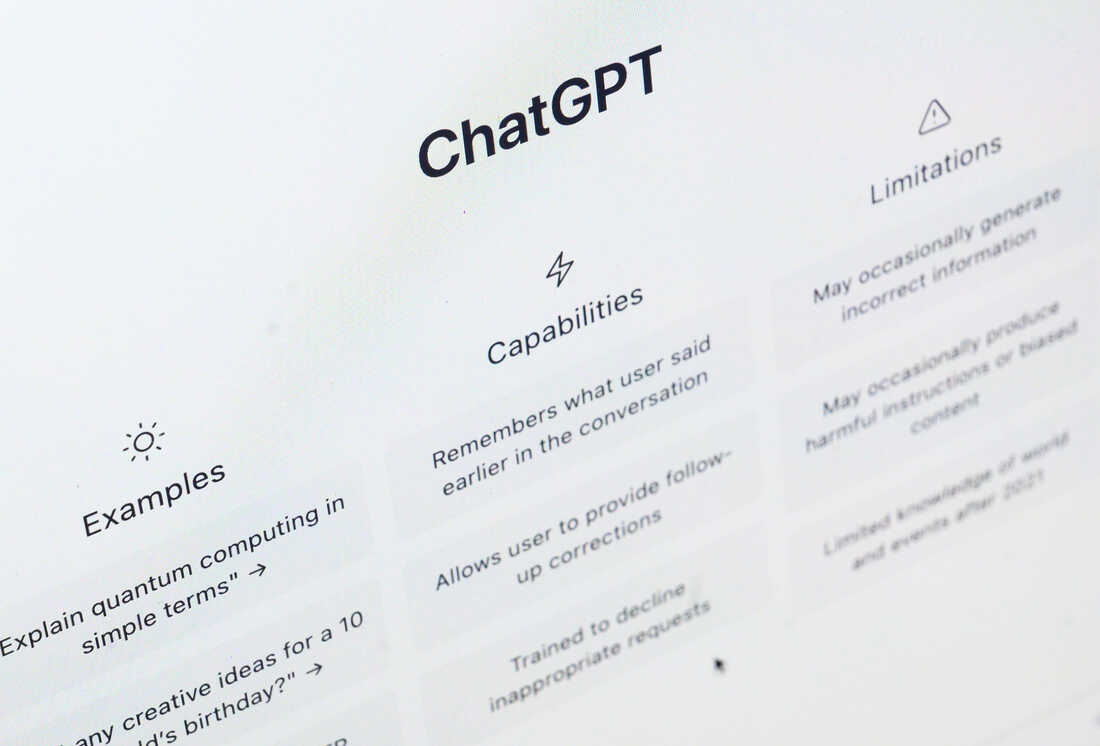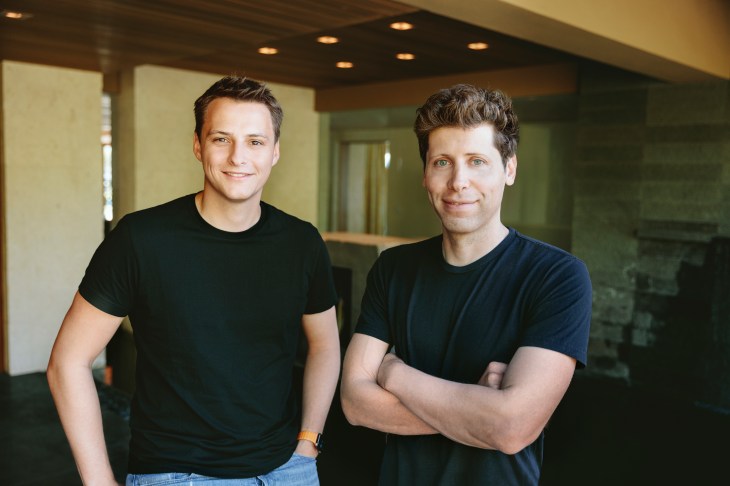The AI future is not going to be won by hand-wringing about safety. (Vance)
At the Paris Summit, Vice President JD Vance gave a speech indicating a shift in US policy towards AI including a move away from “safety” as a common ethical ground. He also discussed how:
- The US intends to dominate in AI, including chip manufacturing, though other countries can join them.
- They want to focus on opportunity not guardrails.
- They need reliable energy to power AI, which I take to mean non-green energy.
- AI should be free of “ideology” by which he probably means “woke” language.
He apparently didn’t stay to hear the response from the Europeans. Nor did the USA or the UK sign the summit Statement on Inclusive and Sustainable Artificial Intelligence for People and the Planet that included language saying,
Harnessing the benefits of AI technologies to support our economies and societies depends on advancing Trust and Safety. We commend the role of the Bletchley Park AI Safety Summit and Seoul Summits that have been essential in progressing international cooperation on AI safety and we note the voluntary commitments launched there. We will keep addressing the risks of AI to information integrity and continue the work on AI transparency.
This marks a shift from the consensus that emerged from the Bletchley Declaration from 2023 which led to the formation of the UK AI Safety Institute and the US AI Safety Institute and the Canadian AI Safety Institute (etc.).
With Vance signalling the shift away from safety the UK has renamed its AISI the AI Security Institute (note how they substituted “security” for “safety”). The renamed unit is going to focus more on cybersecurity. It looks like the UK, unlike Europe, is going to try to stay ahead of a Trump ideological turn.
The US AI Safety Institute (AISI), which was set up with a small budget by NIST. is likely to also be affected (or have its acronym changed.)





